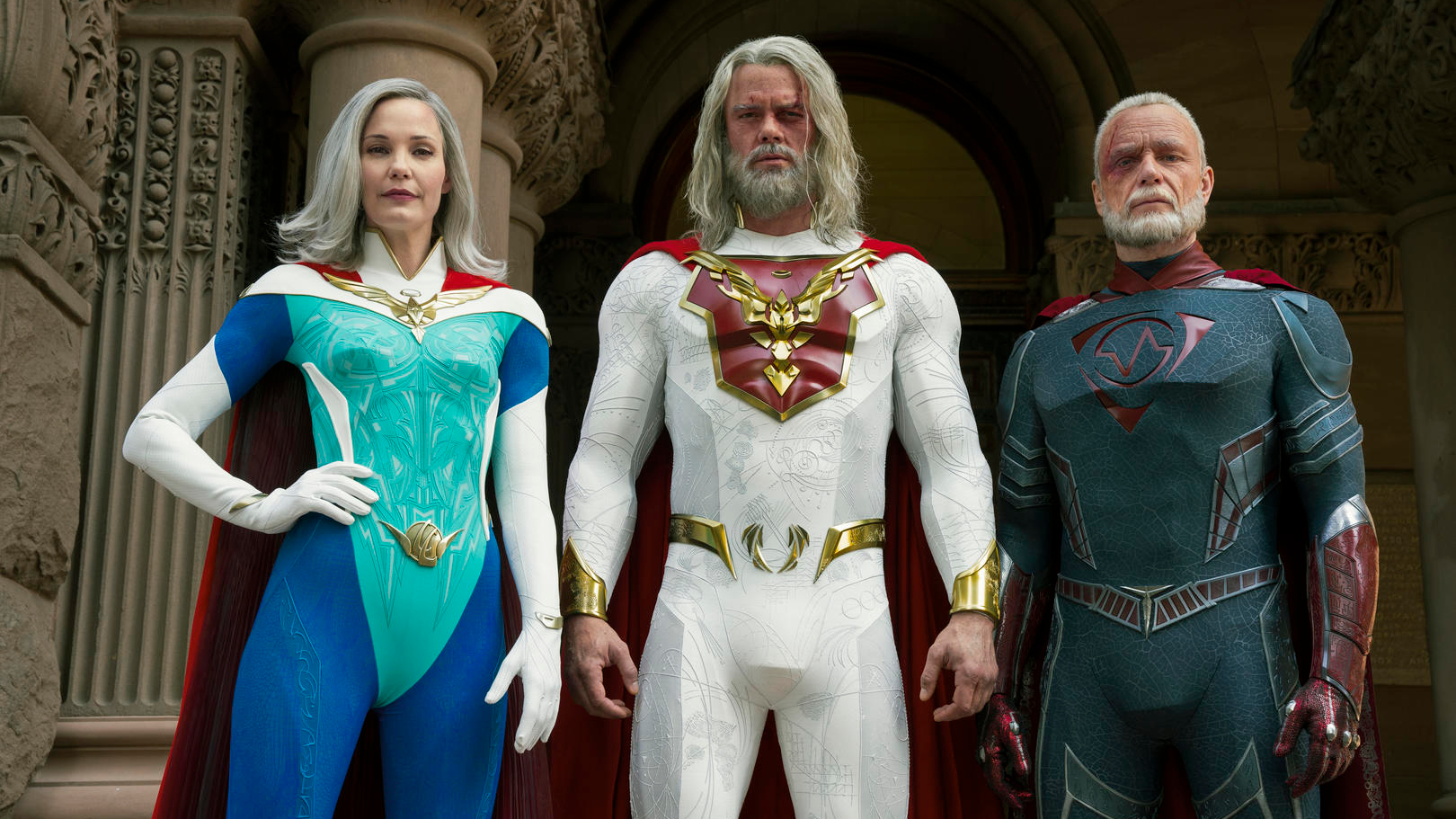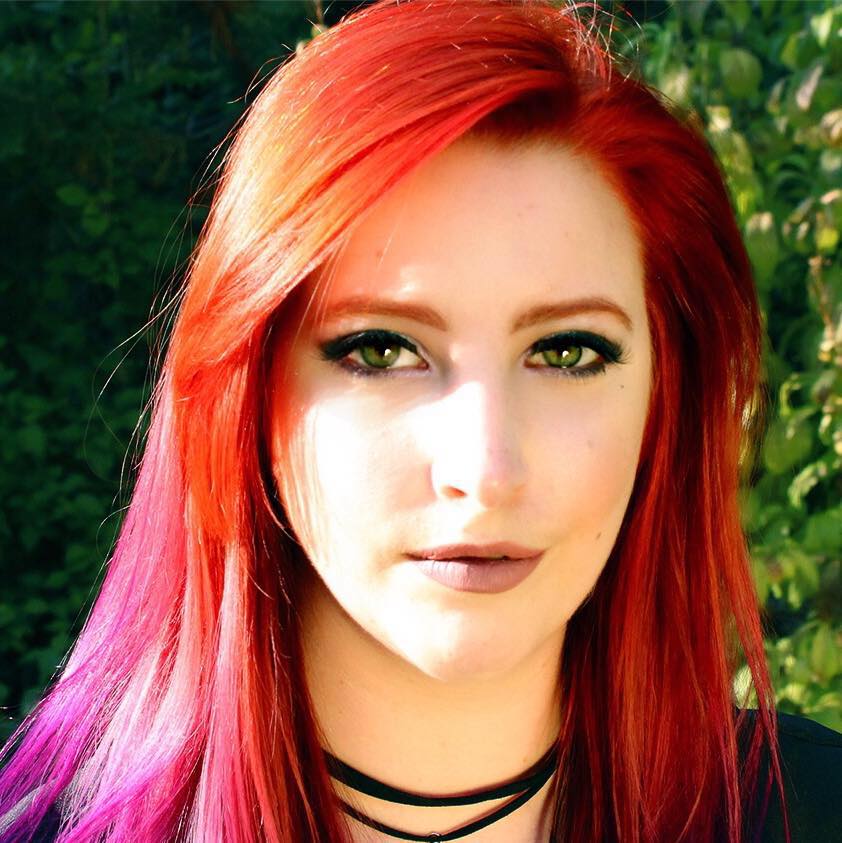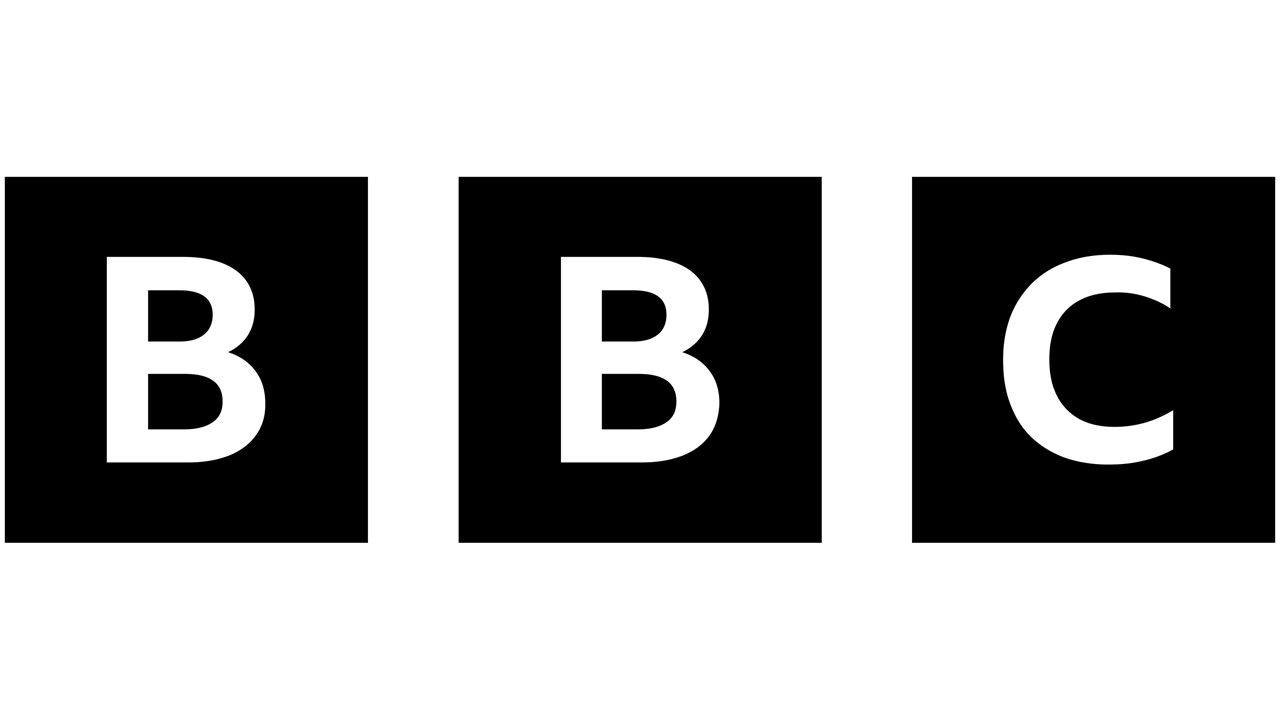What to Watch Verdict
Season 1 of Jupiter's Legacy tells two stories and only finishes one of them. At least the one that gets an ending is the one worth watching.
Pros
- +
💥 The costumes are swell.
- +
💥 Strong performances from the main cast.
Cons
- -
💥 Knows the conversation it wants to have, but has no idea how to have it.
- -
💥 Pretty sure we all know not to have the only people who die in our series be people of color anymore. And yet.
- -
💥 Tells half of an interesting story.
- -
💥 You still have to have a complete season, even when you know you're getting a second one because you control the property.
Jupiter's Legacy is available on Netflix now.
“Good is not a thing you are. It’s a thing you do.”
If only The Utopian had heard this line from Kamala Khan. Then again, the majority of the first season of Jupiter’s Legacy is about how Sheldon Sampson is incapable of listening to anyone who isn’t himself, so who knows if that would have done any good. The story of Jupiter’s Legacy revolves around The Union of Justice — the team of the world’s first superheroes tasked with keeping Earth safe — and their children. The Utopian knows he won’t be around for forever, so he must teach his children how to live up to his legacy. Problem is, the hero might tear his family apart in the process.
The Union consists of The Utopian/Sheldon Sampson (Josh Duhamel), Lady Liberty/Grace Sampson (Leslie Bibb), Brainwave/Walter Sampson (Ben Daniels), The Flare/Fitz Small (Mike Wade, and Skyfox/George Hutchence (Matt Lanter). Jupiter’s Legacy spends its time hopping between the present where the heroes do their best to navigate a shifting culture while best preparing their children to uphold the Union’s values and back to the 20s to narrate the journey of the team becoming the first superheroes on Earth. When you split your series between two timelines like this, a series is tasked with ensuring it makes both plotlines interesting enough to keep viewers engaged. This isn’t a balance that Jupiter’s Legacy manages to achieve.
The younger heroes are made up of a mix of the children of the original Supers, and heroes who just have powers without any kind of explanation despite half of the show being focused on the grueling and impossible task of achieving said superpowers. The Paragon/Brandon Sampson (Andrew Horton), Chloe Sampson (Elena Kampouris), The Flare II/Petra Small (Tenika Davis), Raikou (Anna Akana), Ruby Red (Gracie Dzienny) Barry Bishop (Stephen Oyoung), Janna Croft/Ghostbeam (Kara Royster) and more all come into play as the younger generation, but they’re not used for much more than something for The Utopian to wave his finger at.
At the very least, Jupiter’s Legacy is admirably acted and exceptionally costumed. Every member of the main cast is doing their best with what they’re given, and they all look great while doing it (not you, Josh Duhamel’s old man wig, you can go back in your box). The prequel portion of the story is engaging enough to help you get through the eight episodes, but the present is made unbearable by a whole host of things, both minor (The only tolerable member of the Sampson family is Grace) and major (nearly every single character that dies in this series is a person of color, there is very little action despite some very nifty costumes, there are moments in the first three episodes that are borderline copagand, etc.).
The series knows the conversation it wants to have with The Utopian, it just doesn't seem capable of actually having it. The world has changed since The Union first gained their powers and their code of no killing and no political intervention was founded. But the thing is, that shouldn't matter. The Utopian — for as utterly insufferable as he is — is right about the code needing to be upheld, he's just correct for the wrong reasons. Sheldon Sampson believes they cannot navigate from their code because humanity will become reliant on them. The reality is that the Supers don't get to kill for the exact same reason cops shouldn't be allowed to. The show gets so close to acknowledging this. Twice, even! It just never manages to actually get there. Even outside of the cops comparison, there is no point where the "uphold the code or don't uphold the code" conversation is had in any meaningful way. It's all The Utopian striking a heroic pose and spewing the same quote over and over again or it's the younger Supers insisting they're dying out there.
The latest updates, reviews and unmissable series to watch and more!
For a brief moment, it seems as if Jupiter’s Legacy will stick the landing despite having a very rocky season as a whole, but that payoff never comes. The series is so certain it will get the opportunity to continue to tell its story — which is totally possible given the fact that Netflix controls its own narrative here — that it doesn’t worry about having an ending. The final episode relies so heavily on the viewer being shocked by a “plot twist” telegraphed by the whole season that it at no point bothers to complete its first chapter.
This first season feels like the perfect example as to why sometimes you do need a longer season. Sure, we absolutely could have cut out a whole lot of the aforementioned Utopian posturing and that would have saved us all some time (and some eyerolls). But, even three more episodes could have given Season 1 of Jupiter's Legacy the opportunity to be a whole story. There could be a really engaging story in what they have here, but what we were offered in this first chapter leaves no real reason to return for a second.
Amelia is an entertainment Streaming Editor at IGN, which means she spends a lot of time analyzing and editing stories on things like Loki, Peacemaker, and The Witcher. In addition to her features and editorial work, she’s also a member of both the Television Critics Association and Critics Choice. A deep love of film and television has kept her happily in the entertainment industry for 7 years.


